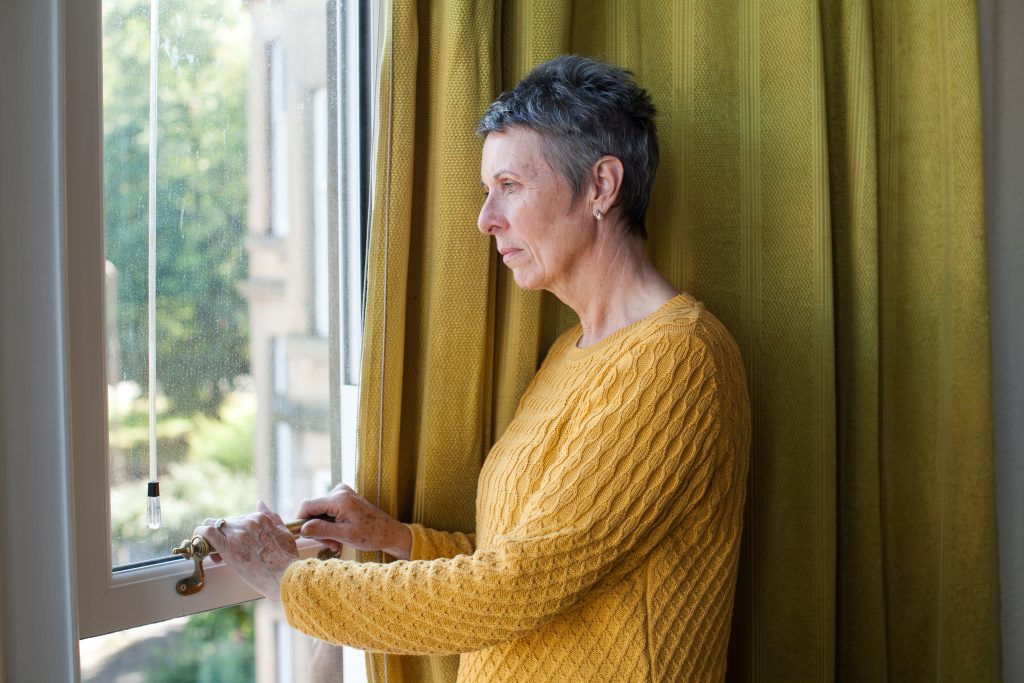A person suffering from mental health issues could be paying as much as £1,100 to £1,550 a year more than someone without a condition on necessities such as phone, internet and electricity bills, according to new research by Citizens Advice.
The bureau, which is a network made up of over 300 charities, looked at how easily everyday tasks like changing a utility provider could be navigated by someone coping with mental health issues.
People with issues that reduced their abilities to carry out everyday tasks “a little” were paying up to £1,100 more. Those with issues that impacted their life “a lot” were paying up to £1,550 more.
Roughly 450 million people worldwide will have been affected by a mental health condition. In the UK, 1 in 4 people experiences a mental health condition each year.
The Convention on Human Rights details how people with these issues should be treated when accessing healthcare, but it does not go beyond this to address everyday life.
Baseline Standards

Credit: Sari Montag/Flickr
Poor memory, difficulties handling change, reluctance to communicate, difficulty with planning ahead and acting under pressure were just some of the traits that caused an increase in bill costs.
The report found that big companies were often failing customers and could make their processes much easier, and so they are calling on Ofgem, Ofwat, Ofcom and the Financial Conduct Authority to implement some baseline standards.
The standards include offering a review of a tariff if a customer is struggling to pay, not disconnecting services because of late payment and offering a priority repair date if a service is broken.
Companies should be doing all they can to support vulnerable customers, but instead too many are being left to fend for themselves.
Gillian Guy, Chief Executive, Citizens Advice
Gillian Guy, the Chief Executive of Citizens Advice, explained that typically menial tasks like paying bills or solving issues with a provider can become “especially challenging” if you also have a mental health condition.
“Companies should be doing all they can to support vulnerable customers, but instead too many are being left to fend for themselves.
“Poor mental health is the number one health issue experienced by the people we help, and it is fundamentally unfair that they pay more for their essential services,” he said in a statement.
Cut Off From The World

Credit: Laura Dodsworth
Len is a single father of three children and suffers from Complex Post Traumatic Stress Disorder which causes him to experience exhaustion, depression and anxiety.
He explained that he has had utilities like his internet cut off before due to unpaid bills, causing him to feel isolated and that this resulted in further difficulty, as he could not resolve the problem because he had been cut off.
This bad experience has made him feel negative about approaching other financial issues, and likely means he will stick to the same tariffs he is on currently, but these tariffs can quickly rise and may force Len into being cut off again.
Len feels like a lot of the issues he has with contacting providers would be solved if there was continuity in his communication.
“I need continuity and for things to be familiar to me but every time I get in touch, I have to speak to a different person. This also means I don’t want to change any of my contracts so stick with the same ones,” he said.
For people with anxiety and depression, losing their phone and contact with other people is like losing a lifeline.
Julia D’Allen, mental health project coordinator, Citizens Advice South Somerset
Len was provided help by Julia D’Allen, the coordinator for a mental health project at Citizens Advice South Somerset.
D’Allen explained that in her line of work most of the people she helps have experienced financial issues as a result of their mental health condition.
“I’ve seen so many people whose broadband and phone packages have gone up after a year, they can’t afford it and they’re sinking into debt or having their phones cut off. For people with anxiety and depression, losing their phone and contact with other people is like losing a lifeline.
“They just don’t have the mental wellbeing to shop around for the best deals.
“There’s nothing worse than when you see someone with depression who has tried to ask for help and got nowhere. They’ve been pushed further into their hole, they get further into debt and it becomes a vicious cycle,” she said.
Creating Change

This is a widespread problem and regulators need to step up and take action to ensure people are not being ripped off.
Gillian Guy, Chief Executive, Citizens Advice
Guy explained that even though the government pushed for regulators to create minimum standards, there has not been any tangible change.
“Little has been done. This is a widespread problem and regulators need to step up and take action to ensure people are not being ripped off.”
D’Allen added that some companies do have good deals available for vulnerable people, but they are not always easy to access.
“It takes them coming to Citizens Advice and for us to really push, for these providers to relent and help their customer,” she said.







